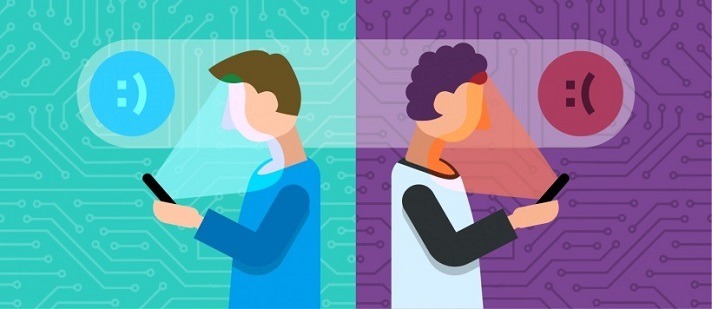Study doesn’t find evidence to link internet access with poorer psychological well-being and mental health
 Is the internet bad for mental health? What the latest study really means. (Mashable):
Is the internet bad for mental health? What the latest study really means. (Mashable):
… Enter a study published Tuesday by researchers in the journal Clinical Psychological Science, which tried but did not succeed in finding a compelling link between internet access and poor mental health and well-being.
Business Insider, for example, declared that the study found no link between social media use and “mental health harm.” Except that’s not what the researchers evaluated.
Instead, they contrasted internet access in the form of yearly per capita internet and mobile-broadband subscriptions and various measures of well-being and mental health.
They did not, however, distinguish internet access from certain types of platforms, like social media and gaming … In general, the researchers didn’t find a convincing link between internet access and poorer well-being and mental health. Among young individuals there were some minuscule positive and negative correlations between some of the variables, but co-author Dr. Andrew K. Przybylski told Mashable in an email that those findings were hard to interpret … “Thought leaders and some policy folks claim there is a global mental health epidemic caused by the internet, but they do not bother to collect [and] wrangle data to support this extraordinary claim,” he wrote … “I am sure that technology use has its ups and downs, but we’ll never be able to map this out, and intervene if necessary, if we don’t have objective data on how, why, and when people engage with online worlds,” Przybylski said.
The Study:
Global Well-Being and Mental Health in the Internet Age (Clinical Psychological Science).
Abstract: In the last 2 decades, the widespread adoption of Internet technologies has inspired concern that they have negatively affected mental health and psychological well-being. However, research on the topic is contested and hampered by methodological shortcomings, leaving the broader consequences of Internet adoption unknown. We show that the past 2 decades have seen only small and inconsistent changes in global well-being and mental health that are not suggestive of the idea that the adoption of Internet and mobile broadband is consistently linked to negative psychological outcomes. Further investigation of this topic requires transparent study of online behaviors where they occur (i.e., on online platforms). We call for increased collaborative efforts between independent scientists and the Internet-technology sector.


